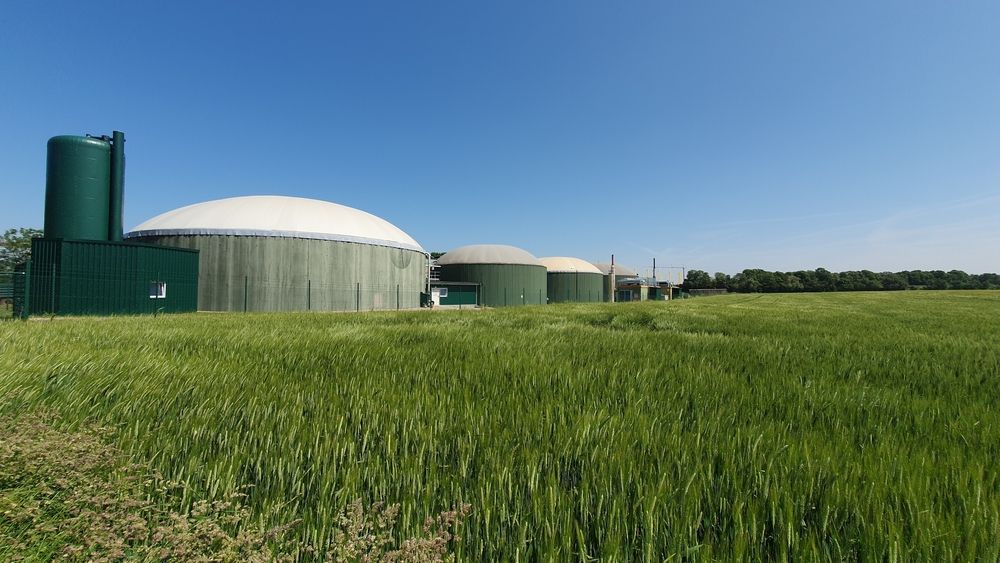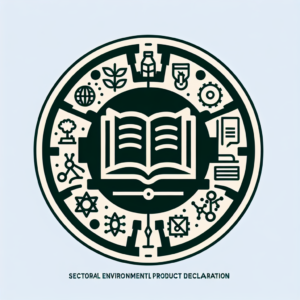Here’s the translation to American English:
Spain faces an unprecedented challenge and opportunity in its transition to more sustainable energy: the transformation of waste into clean energy, particularly the rise of biogas. With one of the largest productions of agricultural, livestock, and industrial waste in Europe, our country has the potential to turn this environmental issue into a highly profitable renewable energy source. However, the advancement of this emerging sector relies not only on investment but also on the ability to structure efficient projects and attract specialized talent.
Carlota Pérez Marina, Director of the Energy Division at Catenon, emphasizes that “the opportunity for biogas in Spain is clear: we have the waste, a well-developed distribution network, and a dynamic private sector ready to invest. However, the challenge lies in finding professionals capable of managing this transformation.”
Interest in biogas has grown significantly and attracted major funds like Asterion Industrial Partners, Azora Capital, and JP Morgan, among others, which are developing their own production platforms. Structured financing has progressed with the country’s first project financing for biomethane, a milestone driven by ING that confirms the sector’s maturity.
Furthermore, the development of biogas in Spain is influenced by the regulatory context and the increasing need for CO₂ certificates in Europe. In the northern part of the continent, stricter regulations have raised the price of these certificates, while in Spain, similar measures have yet to be implemented, leaving ample room for expansion. According to Pérez Marina, “biogas not only represents a sustainable alternative to reduce dependence on fossil fuels but also presents a clear market opportunity.”
Nevertheless, the sector faces a critical barrier: a shortage of specialized talent. The demand for professionals with experience in gas, waste management, and biomethane far exceeds the available supply. The most sought-after profiles include Biomethane Engineers, Business Strategy Managers in Waste and Biogas, and Environmental Management Directors. These professionals need to possess both technical knowledge of biogas production and strategic skills to structure viable projects.
To address this need, Catenon has developed a strategy that combines its experience in engineering, construction, and financial markets to connect companies with the specialists required in this sector. Pérez Marina emphasizes that “biogas is not a sector of large infrastructures with thousands of workers, but one of well-defined projects that need specialists capable of coordinating the primary sector and optimizing waste utilization.”
With investment secured and a transforming regulatory framework, the future of biogas in Spain will depend on its ability to attract and develop the necessary talent. Collaboration between companies, investors, and administrations represents an opportunity to turn waste into a key source of renewable energy for the country’s sustainability.
Referrer: MiMub in Spanish











